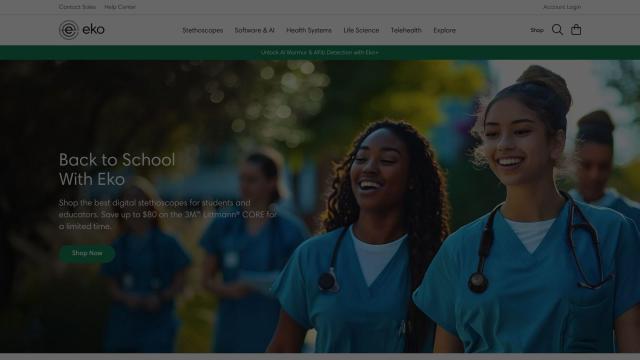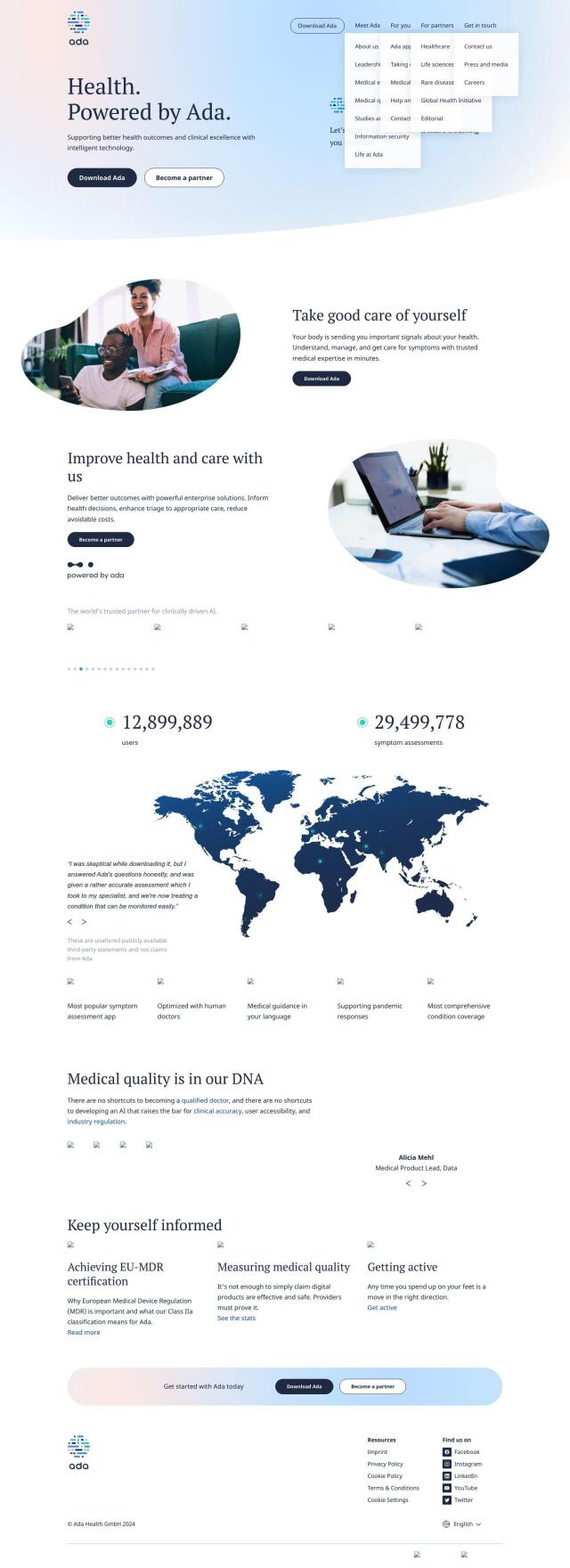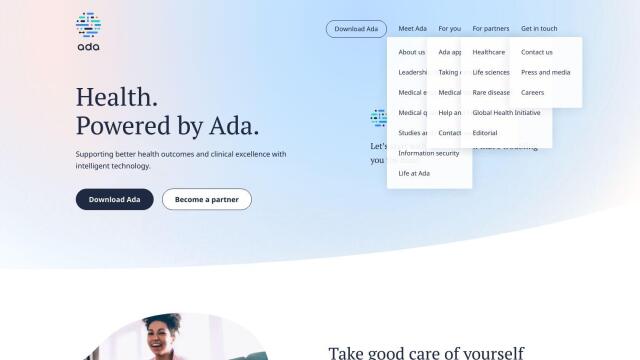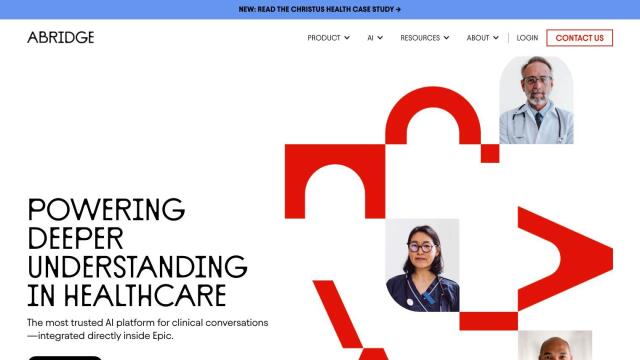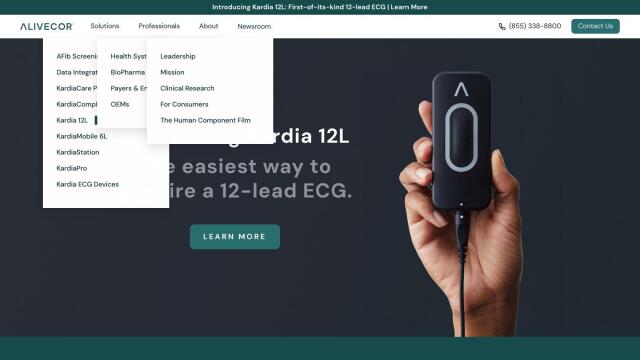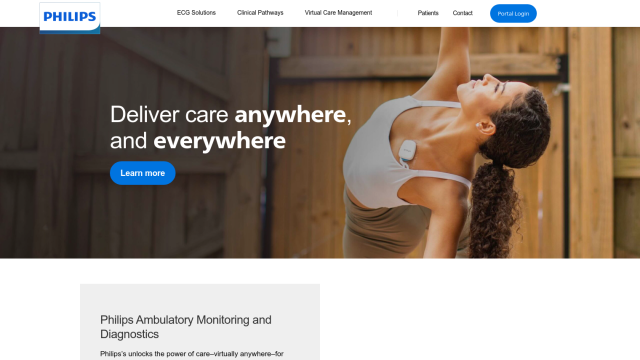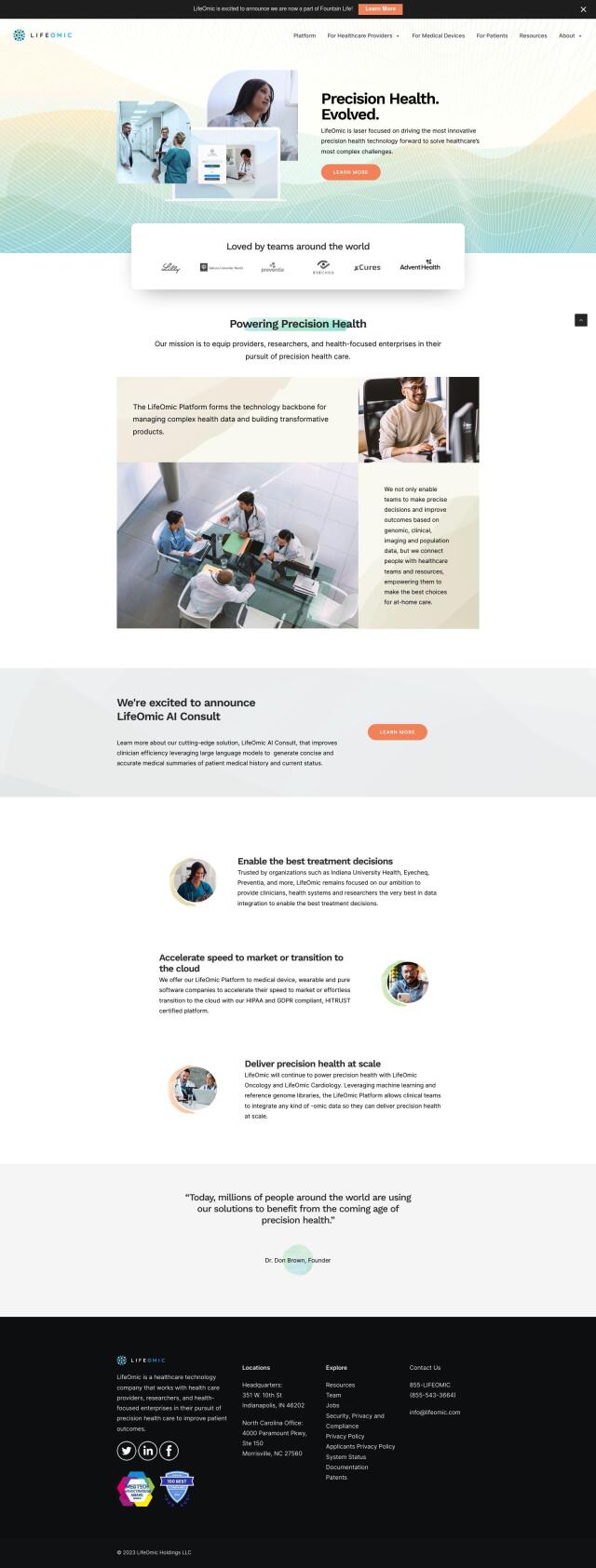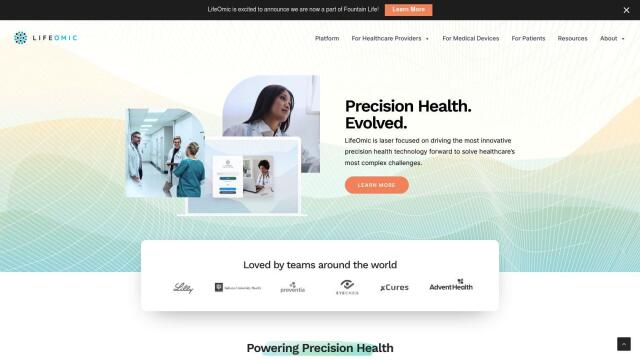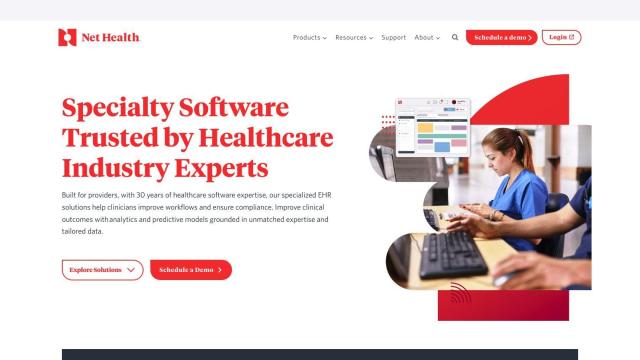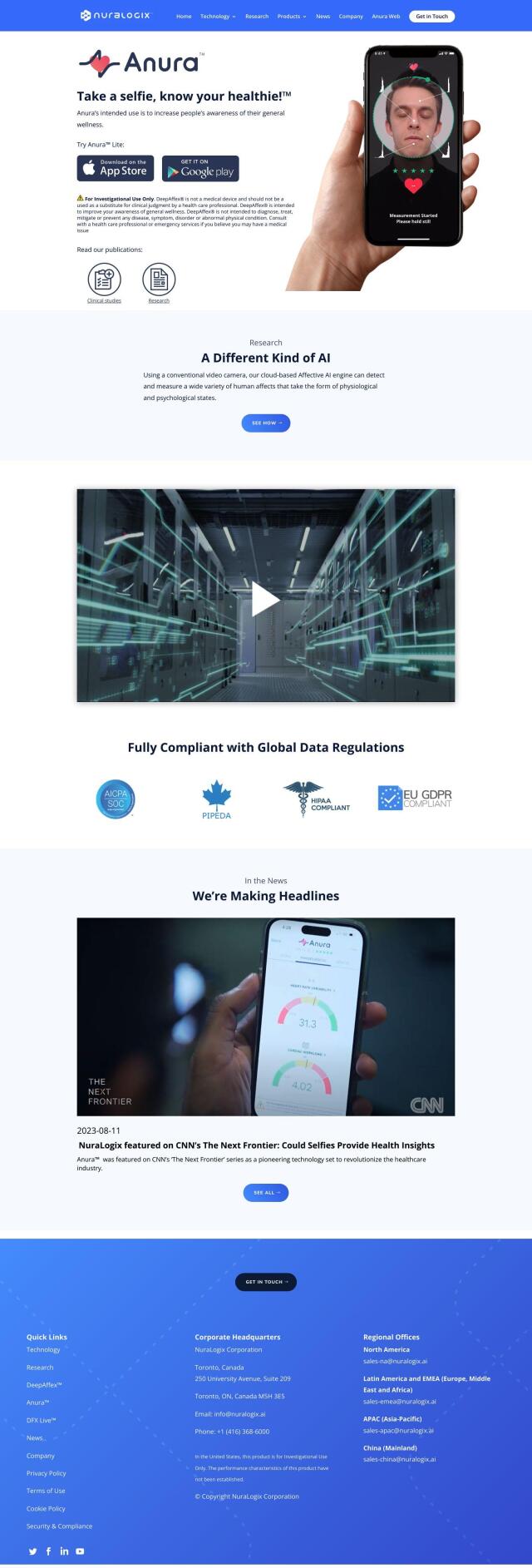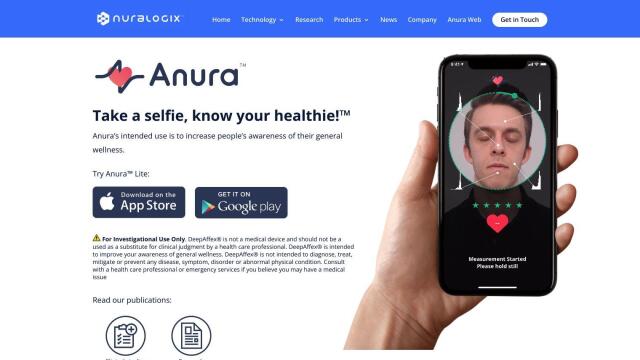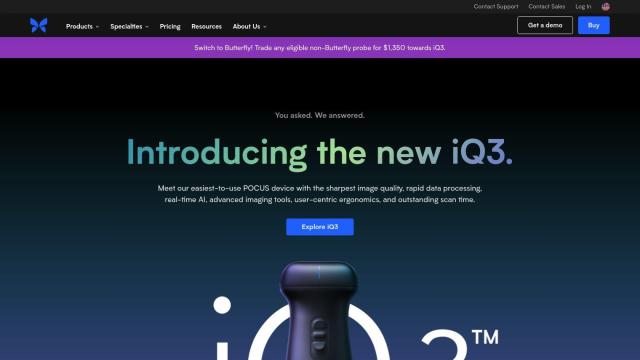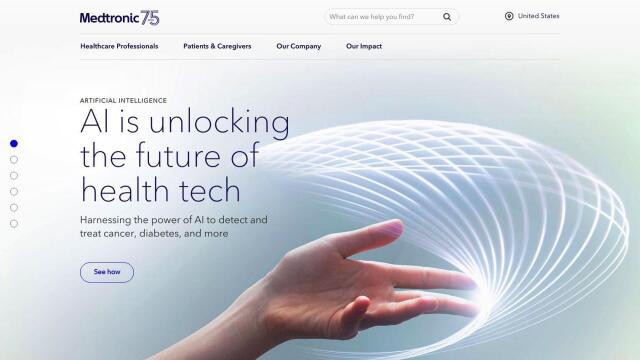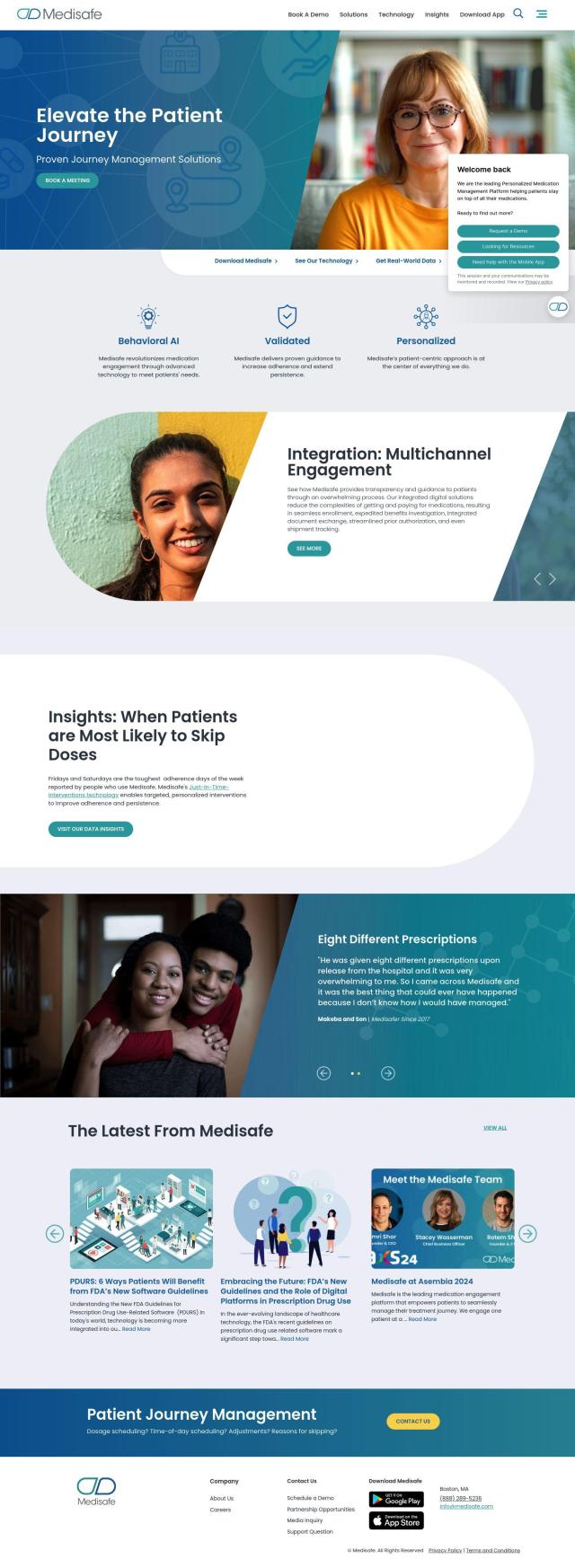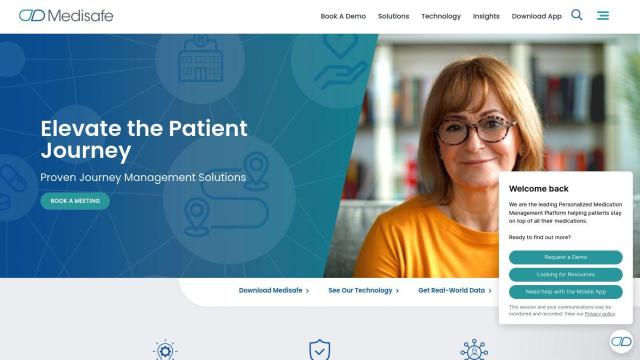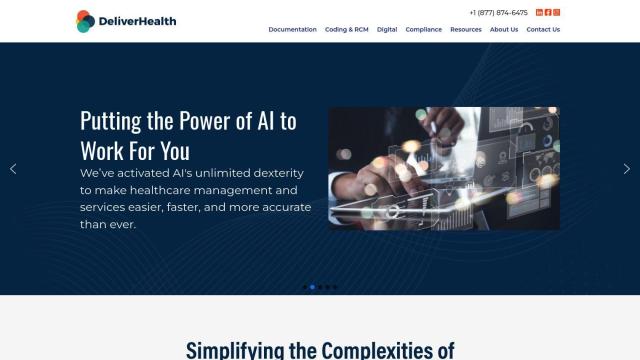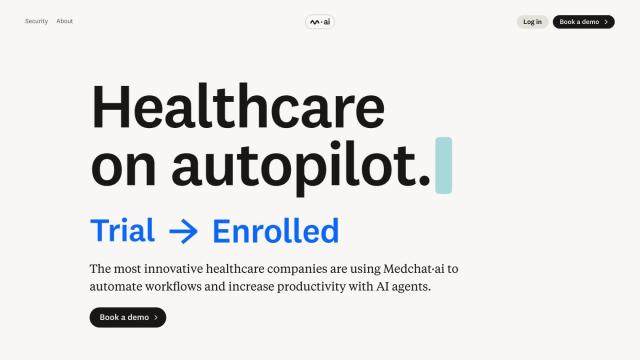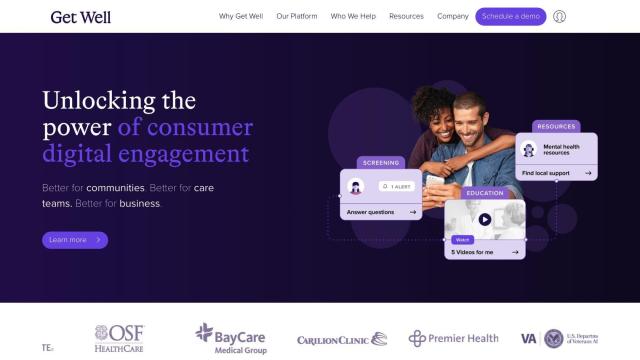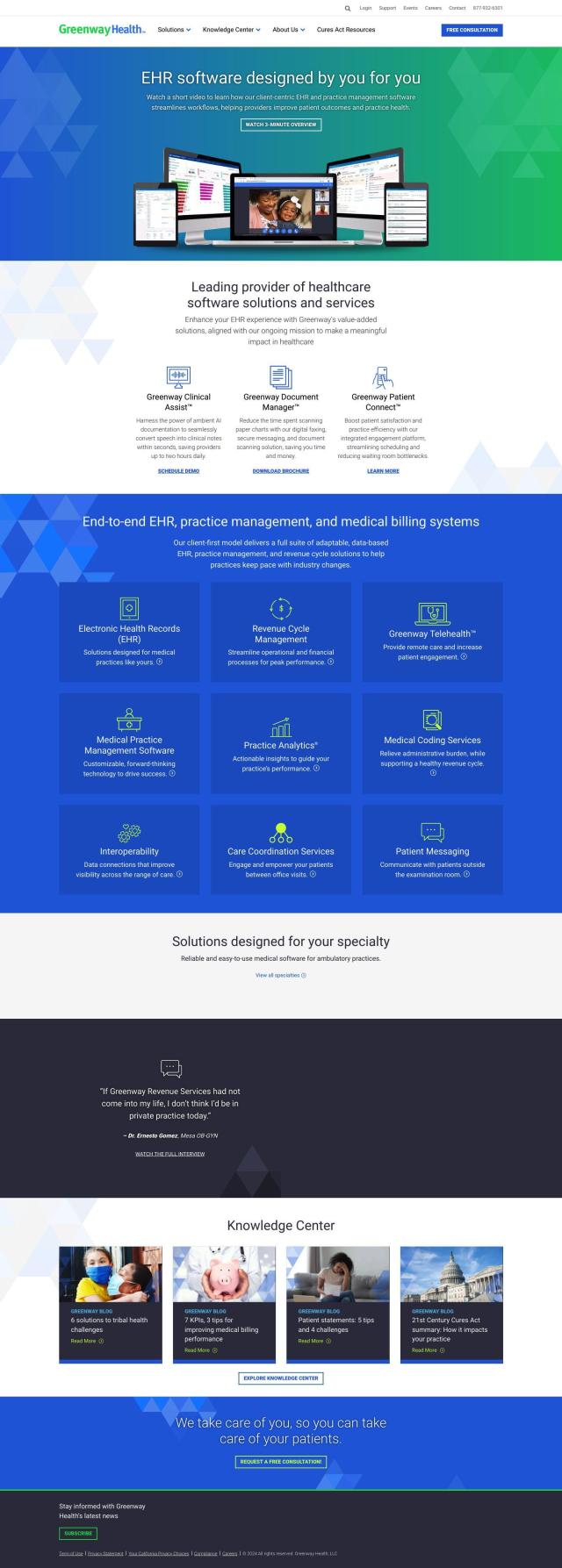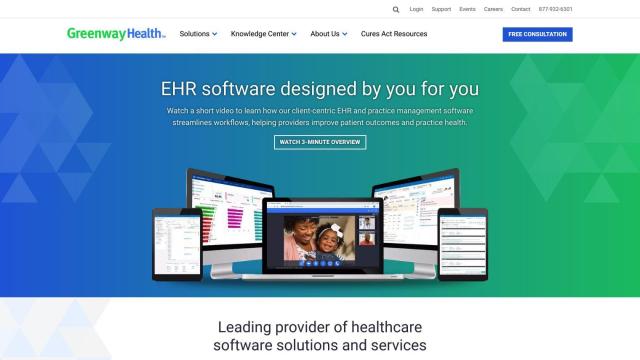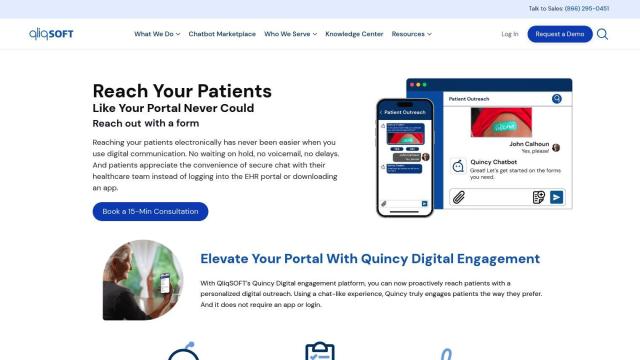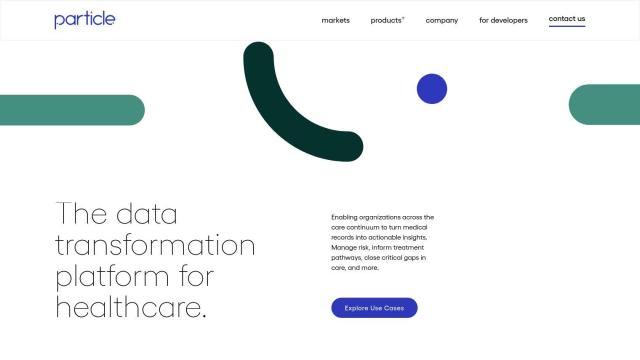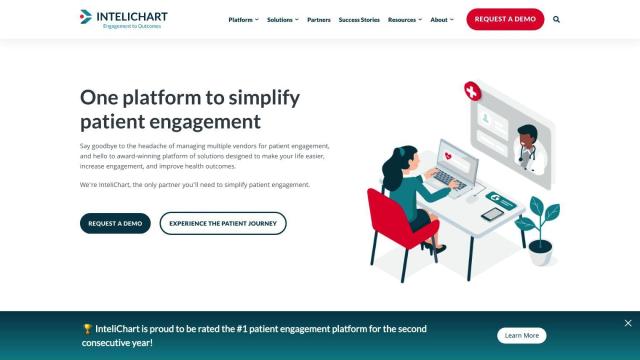
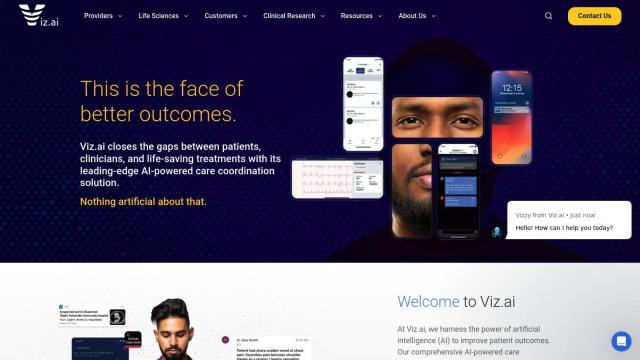
Viz.ai
If you're looking for another Eko alternative, Viz.ai is another good choice. Viz.ai's AI-powered care coordination platform uses FDA-cleared algorithms to analyze medical imaging data, including CT scans, EKGs, and echocardiograms, and offers real-time insights and automated assessments to accelerate diagnosis and treatment. The platform is used by more than 1,400 hospitals and is designed to help improve patient outcomes and streamline care workflows.

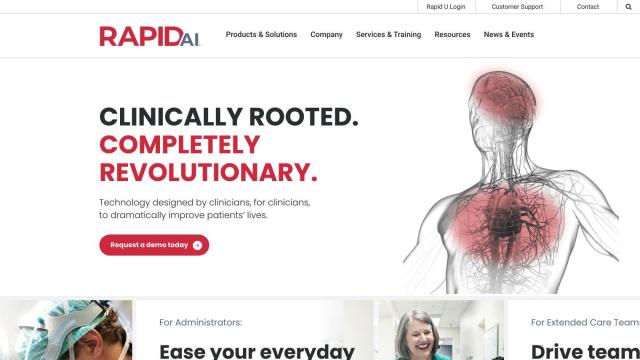
RapidAI
Another good alternative is RapidAI, which is geared for improving patient outcomes in neurovascular and vascular care. The platform enables care teams to make more rapid and accurate triage and transfer decisions, reducing delays and improving patient care. With features like fast turnaround times, accurate diagnoses and streamlined workflows, RapidAI is designed for hospitals of all sizes and has demonstrated results in large-scale clinical trials.

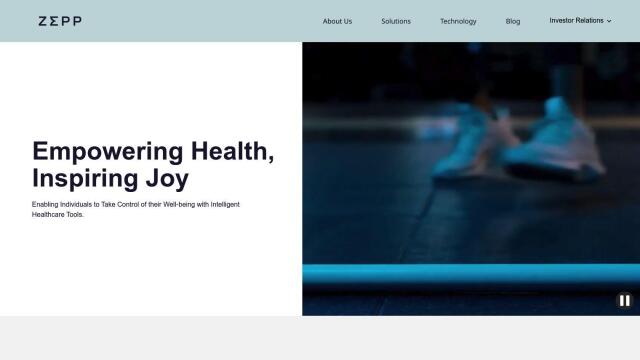
Zepp Health
For those interested in wearables, Zepp Health is an intelligent healthcare system with smart wearables and hearables that monitor health 24/7. The platform combines AI chips, biometric sensors and data algorithms to provide actionable insights and personalized wellness support. With features like continuous heart rate monitoring and in-depth sleep tracking, Zepp Health offers a holistic solution for managing chronic conditions and achieving fitness goals.

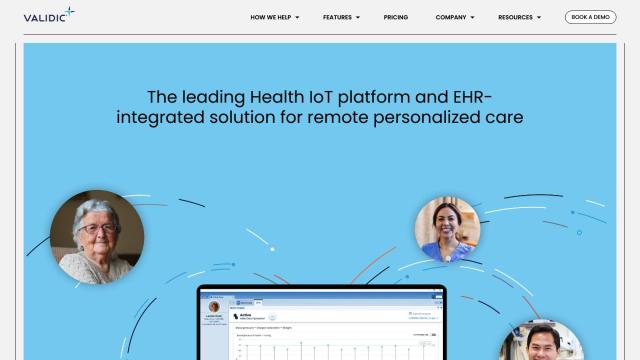
Validic
Last, Validic is a comprehensive Health IoT platform that aggregates a wide range of health devices and apps to provide insights for clinicians and patients. With deep EHR integration and features like remote patient monitoring and digital logbooks, Validic streamlines clinical workflows and improves patient outcomes. This platform is geared for healthcare providers seeking to personalize care and optimize population health programs.

